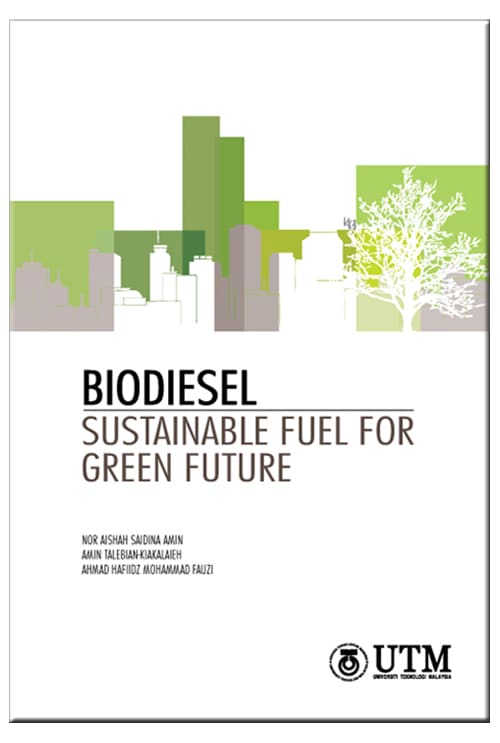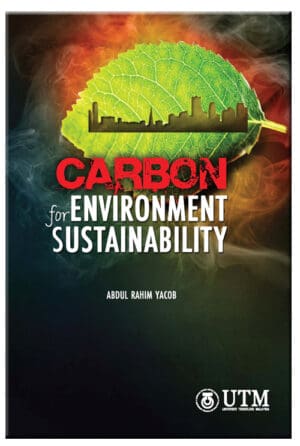Description
Relentless environmental concerns, steep hike in fossil fuel price, and increasing demand of non-renewable fossil fuels consumption have dramatically increased the global search for alternative energy, particularly biodiesel. Biodiesel is environmentally friendly, technically feasible, and biodegradable. Biodiesel, which can be produced from renewable resources, is an alternative energy source potential candidate that can replace the use of diesel fuel, particularly in the transportation sector. Various plant lipids and animal fats are suitable sources for biodiesel production. For economical purposes, many researchers have recently focused on non-edible or waste oils to decrease the production costs by 60-90%. Researchers have used various types of homogeneous and heterogeneous catalyzed transesterification reaction for biodiesel production. Conventional biodiesel production involved either homogeneous base or acid to catalyze catalyse the reaction. However, the catalysts could cause problems such as soap formation and equipment corrosion. In order to overcome these problems, research has been conducted to study and identify suitable heterogeneous catalysts that can enhance the conversion of raw materials into biodiesel without compromising the yield and quality. Meanwhile, the effect of novel processes such as membrane reactor, reactive distillation column, ultrasonic and microwave irradiation significantly influenced the final conversion, yield and in particular, the quality of product. Overall, this book highlights the current situation of fossil fuel and the emergence of biodiesel as a substitute to diesel fuel (Chapter 1). The following chapters (Chapters 2-4) describe the use of heterogeneous catalysts in biodiesel production, including heterogeneous solid acids and bases catalysts, and also enzyme catalysts. Chapter 5 describes the utilization utilisation of ionic liquid, a considerably new homogeneous type catalyst for biodiesel synthesis. Finally, Chapter 6 focuses on the discussion related to novel processes available and also future works and recommendations to ensure sustainable biodiesel production at a larger scale.




